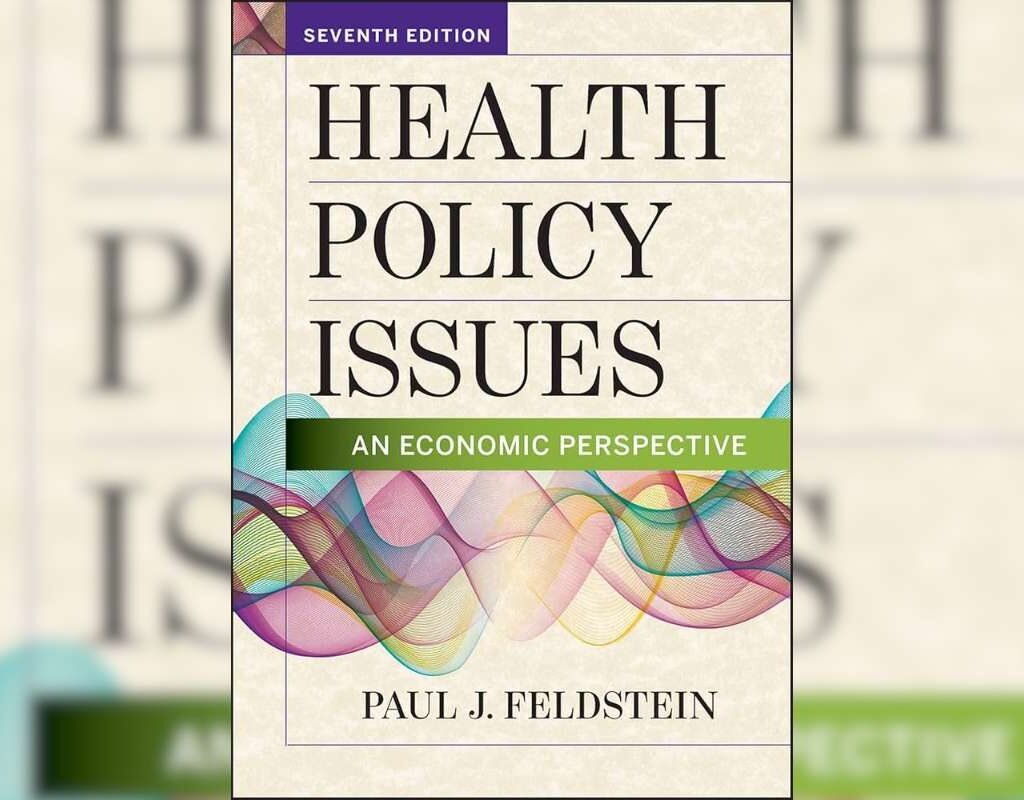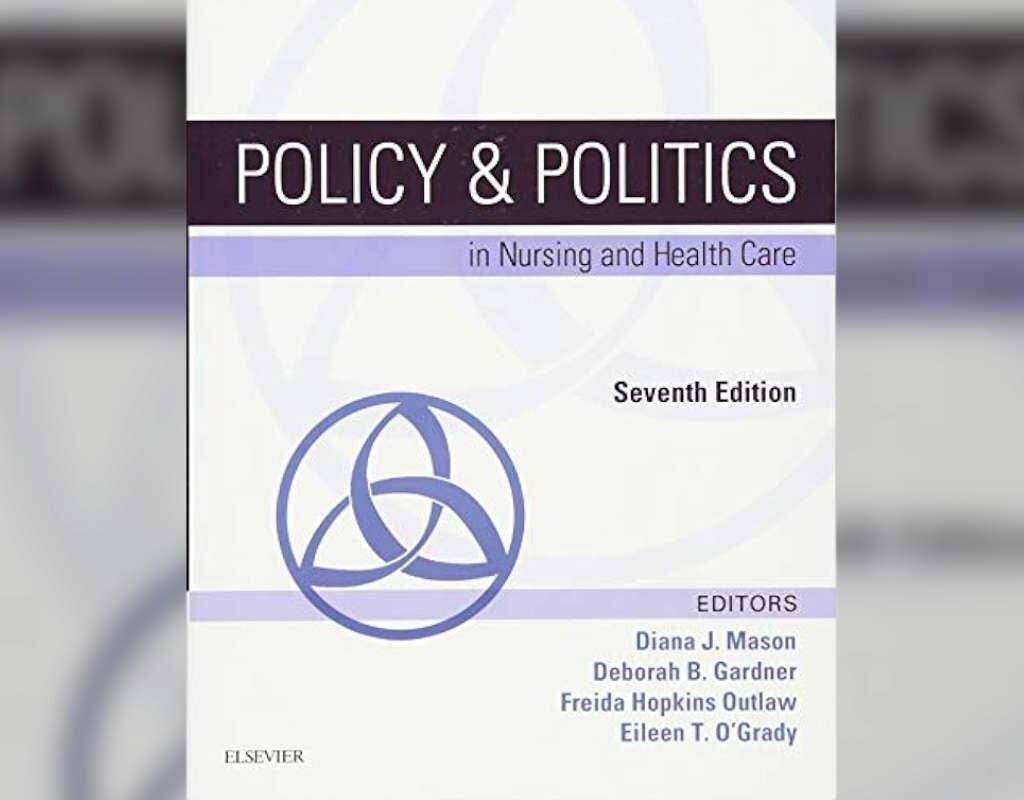Suppose you are trying to understand health care without books. That’s like trying to cook without recipes, chaotic and probably messy. Books give us a clear way to see how healthcare decisions affect people, doctors, and entire communities. Health policy books and medical ethics guides not only explain the big picture but also teach us how small decisions shape lives. If you’re a student, a doctor, or simply a curious reader, these books can sharpen your mind and give you new ways to see the world. Let’s dive into a mix of health policy books and powerful medical ethics books that keep knowledge sharp and humanity at the center.
Health Policy Books You Should Read
Health policy books are not just for experts in healthcare. They help everyone understand why hospitals follow certain rules, how governments plan medical budgets, and why ethical debates matter in medicine. These books also give doctors and nurses insights into how systems work beyond clinics. A few of the best health policy books include case studies, patient stories, and research that explain the big decisions in healthcare. They connect theory with real-life challenges. By reading them, you start to see how medicine is more than science; it’s also about fairness, access, and human dignity.
15 Medical Ethics Books With Detailed Descriptions
Medical ethics is at the heart of healthcare. It deals with the moral challenges doctors, nurses, and policymakers face daily. These books don’t just explain theories; they provide real stories, principles, and tools that help professionals make fair and compassionate decisions. Below is a list of 15 powerful medical ethics books that combine practical guidance with thought-provoking lessons.
1. Health Care Reform and American Politics by Lawrence R. Jacobs and Theda Skocpol
This book explains how the Affordable Care Act (ACA) was created, debated, and passed. Jacobs and Skocpol walk readers through the messy process of politics, showing how both parties fought to shape the law. They also look at the role of interest groups, media, and public opinion in shaping healthcare reform. What makes this book special is its balance between political analysis and real-world impact. It helps readers understand not just the law itself, but why it sparked such heated debates that still continue today.
2. An American Sickness by Elisabeth Rosenthal
Rosenthal, a physician and journalist, dives deep into the financial side of healthcare in the U.S. She breaks down how hospitals, insurance companies, and pharmaceutical firms operate like businesses, often putting profits before patients. Each chapter explains a different part of the system, from drug pricing to surprise medical bills. She doesn’t just criticize; she also gives readers tools to fight back as patients, like asking the right questions before paying a bill. The book makes the financial side of medicine understandable without needing an economics degree.
3. The Healing of America by T.R. Reid
Reid travels across countries such as Britain, Germany, Japan, and France to compare their healthcare systems with the U.S. His goal is to answer a simple question: why do Americans spend the most on healthcare but still get worse outcomes than many nations? Reid blends storytelling with policy lessons, using real patient experiences to show what works and what doesn’t in each country. This global perspective helps readers see that there’s no single “perfect” system, but many models worth learning from.
4. Deadly Spin by Wendell Potter
Potter spent years working inside the health insurance industry as a PR executive. In Deadly Spin, he shares how companies used marketing and misinformation to sway public opinion against reforms like the ACA. He describes tactics such as scare campaigns, selective data use, and media manipulation. By exposing these strategies, Potter shows how powerful corporate interests shape the healthcare conversation. The book feels like both a confession and a warning about the dangers of unchecked industry influence.
5. Universal Health Care by Pat Armstrong and Hugh Armstrong

This book argues that healthcare should be treated as a human right, not a privilege. The Armstrongs use global examples, case studies, and research to show how universal systems improve fairness and health outcomes. They highlight how access to care without financial barriers helps societies thrive. The book also tackles myths, such as the idea that universal care means lower quality. Instead, it shows how properly funded systems often deliver better and more efficient care.
6. America’s Bitter Pill by Steven Brill
Brill takes readers into the high-stakes battle over the Affordable Care Act. He mixes investigative journalism with behind-the-scenes political drama, showing how the law came together and why it still left gaps. The book doesn’t shy away from pointing out winners and losers, especially how some industries benefited financially. Brill’s storytelling makes policy conflicts read like a political thriller, but with real consequences for families and patients.
7. The Social Transformation of American Medicine by Paul Starr
This Pulitzer Prize-winning book is a cornerstone in the study of health policy. Starr traces the history of medicine in the U.S., from small-town doctors to the rise of powerful hospital systems and insurance companies. He shows how medicine became both a profession and a business, shaping public trust and government policy. The book also explains how early choices created many of today’s challenges. It’s long and detailed, but remains one of the most influential books in the field.
8. Overcharged by Charles Silver and David A. Hyman
This book critiques the waste and inefficiency of the U.S. healthcare system. Silver and Hyman argue that patients and taxpayers pay far too much for care that often doesn’t deliver better outcomes. They outline how overbilling, unnecessary procedures, and a lack of transparency fuel the problem. More importantly, they offer solutions, such as more price competition and patient empowerment, to make healthcare more affordable. Their approach is bold and sometimes controversial, but it sparks important debate.
9. Sick by Jonathan Cohn
Cohn puts a human face on policy by telling the stories of people who suffered because they lacked proper insurance. These real-life accounts show how gaps in the system cause financial ruin, poor health, and even death. Alongside these stories, Cohn explains the broader policy issues that create such outcomes. By blending emotion with facts, the book makes clear why reforms are not just political debates but matters of life and death.
10. Health Policy Issues by Paul J. Feldstein

Designed as a guide for students, this book offers clear explanations of key topics such as insurance, healthcare costs, Medicare, Medicaid, and government roles. Feldstein lays out arguments from different perspectives, allowing readers to weigh pros and cons for themselves. Each chapter includes questions and case examples that make it useful for learning and teaching. It’s one of the most accessible introductions to health policy available.
11. The Politics of Medicare by Theodore R. Marmor
Marmor provides a detailed history of Medicare, the U.S. program that provides healthcare for seniors. He explains how it was created in the 1960s, why it faced so much opposition, and how it has evolved. The book also shows how Medicare became a model for debates on universal healthcare. It helps readers see why this single program remains one of the most controversial yet vital aspects of U.S. health policy.
12. Critical: What We Can Do About the Health Care Crisis by Tom Daschle
Written by a former U.S. Senate majority leader, this book gives an insider’s view of health policy. Daschle explains what went wrong in the American healthcare system and lays out practical solutions for fixing it. He focuses on building consensus and finding realistic reforms rather than pushing one-sided agendas. The mix of political experience and practical advice makes it especially valuable for readers who want both analysis and solutions.
13. The Health Gap by Michael Marmot
Marmot looks at health beyond hospitals and insurance policies. He argues that where you live, what job you have, and how much money you earn matter just as much as medical care. Using global data, he shows how inequality creates health gaps between rich and poor communities. The book is both a scientific study and a call for justice, urging governments to address social factors if they want healthier populations.
14. The Price We Pay by Marty Makary
Makary, a surgeon at Johns Hopkins, takes readers behind the curtain of American medicine. He explains how hospitals and doctors sometimes inflate costs or perform unnecessary procedures for profit. The book also shares stories of patients trapped by confusing bills. Makary doesn’t just criticize, he highlights positive changes, such as hospitals adopting transparency and doctors pushing for fairer billing. The message is clear: healthcare can improve if more people demand honesty and value.
15. Policy and Politics in Nursing and Healthcare by Diana J. Mason and Deborah B. Gardner

This book focuses on the role of nurses and other healthcare professionals in shaping policy. It explains how those working directly with patients can influence laws, regulations, and reforms. With case studies and practical advice, the book bridges the gap between practice and politics. It’s a must-read for nurses, public health workers, and anyone interested in how frontline experiences translate into broader policy changes.
Also Read:
- 20 Pharmaceutical Industry Books That Cover Everything You Need to Know
- Popular Psychology Books That Will Change How You See Life
- 15 Genomics Books That Will Blow Your Mind about DNA and Life
Why These Health Policy Books Matter
Both health policy books and medical ethics books help shape better doctors and more informed citizens. They don’t just explain rules; they teach values. Each of these titles demonstrates how healthcare impacts every aspect of our lives, including finances, fairness, politics, and survival. They explain why insurance premiums rise, why universal care matters, and why governments struggle with reforms. Health Policy Books give you the knowledge to make sense of debates and maybe even help shape the future of care. A doctor reading them learns how to balance treatment with compassion. A policymaker understands why healthcare must reach the poor, not just the rich. And a student gains tools to think critically about fairness in medicine. Reading these books builds a bridge between science and humanity. They remind us that medicine isn’t just about pills and machines, it’s about people, choices, and dignity.
Also Read:
- Best Medical Ethics Books That Will Change How You Think About Medicine
- Think You Know Nature? These 30 Environmental Science Books Might Prove You Wrong
- The Power of Human Behavior Book that Transforms Your Mindset
Conclusion
Healthcare can sometimes feel like a never-ending group project where nobody agrees on the rules. However, with the right Health Policy Books, the chaos becomes a roadmap. These titles don’t just fill your shelves; they sharpen your mind, spark conversations, and might even help you argue better with insurance companies. So grab a book, pour some coffee, and remind yourself: understanding health policy is tough, but so are you.







